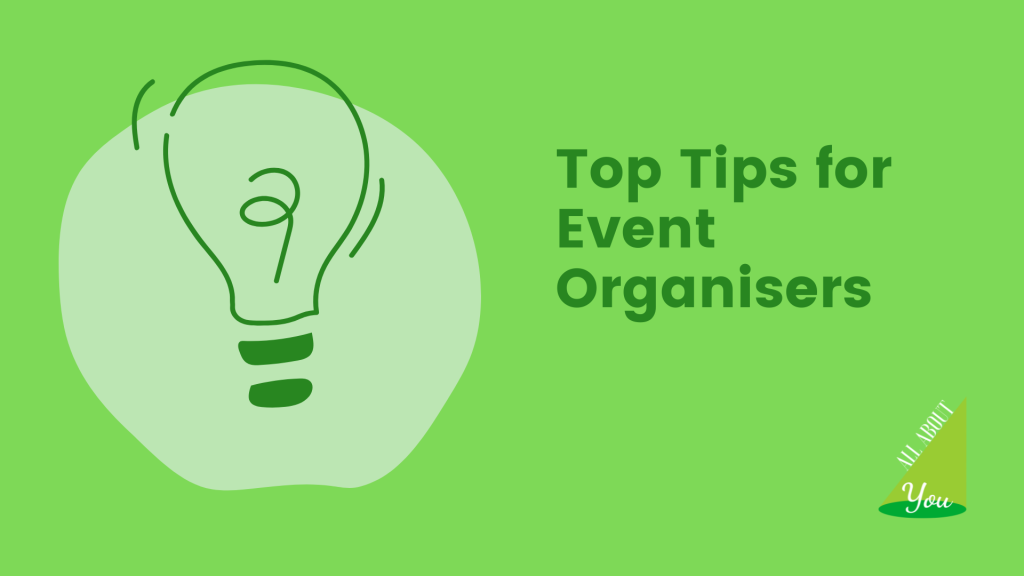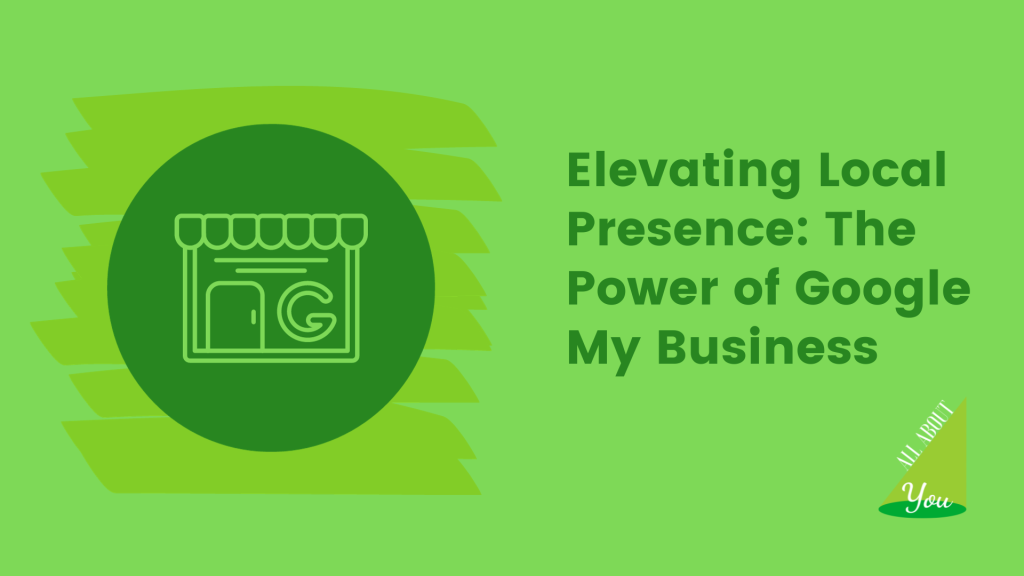“Good fortune is what happens when opportunity meets with planning” So said Thomas Edison, and he knew a good few things about getting the best from the opportunities that come your way.
You’ll probably appreciate that beneath the surface every cool, calm and collected events organiser is doing a fair amount of energetic paddling, but there are some useful tips here to help you reduce the stress and uneasiness you may feel when you are put in charge of coordinating an event.
Once you have decided on the reason for the event – and the desired outcomes – these principles are useful to follow whatever size of event you are organising, and whether it is of a corporate or community nature, so read on and let me help you reduce that ‘paddling’ to a minimum!
(1) Do Your Research
‘You’ll never be able to please all of the people all of the time’ goes the old adage, and whilst that’s definitely true, doing your research to find the most suitable time of the day and day of the week for your intended audience is vital – as is ensuring that your event isn’t going to clash with something similar that your audience will want to attend, either on the same day or on the preceding/ following days.
Also do your research regarding venues – having a venue that is ‘on side’ certainly helps to reduce worries and minimise issues, as we’ll come onto later. Choose a venue that will work well for those travelling to your event, and make sure that the premises suits the activities planned for the day as well as offering the facilities you know your attendees will require. Selecting a venue which shares the same vibe as the event you are organising will also help people get into the mood from the moment they receive an invite, allowing them to visualise the event in their mind and also helping to get them across the line if it is an event attracting a ticket charge.
(2) Know Your Audience
We can split this point in two – knowing your target audience and knowing your actual audience.
Understanding your target demographic for the event is key as it will not only help you select the best venue (see above), but also help with decisions on time of the day and day of the week. Creating an avatar (or a description) of your ideal event attendee will also help you decide on the tone of the event promotion wording and visuals – and vitally important, ensure you are promoting the event on the platforms and media they use frequently.
Knowing your actual audience is a great help for point four below. Make sure you are asking for mobility and dietary needs at the time of booking, and prior to the event look at how far people are travelling and whether they are known to you and your organisation. Would it be wise to include directions/ travel updates in your event reminders nearer the time. Will attendees need you to make introductions to others? Which attendees are travelling further so may run late, and/ or have a greater need for refreshment/ facilities on arrival?
(3) Work with Your Venue
From the outset it is important to ensure you have a full grasp of total costs, including any extras/ add ons. Make sure you know who will be supporting the event in advance, and on the day, and that they understand when you and any speakers will be arriving to set up, and what time you will be departing. If you are holding the event outside of the venue’s normal opening hours, a key holder’s name and telephone number are useful too.
I mentioned above that having a venue that is ‘on side’ certainly helps to reduce worries and minimise issues – make sure you are both on the same page by checking any documentation/ hire agreement sent to you to ensure it matches conversations had. The venue really are the experts in how their space works, so don’t be afraid to check if you have asked all the usual questions, and if what you are proposing, especially running order and room layout work well for them.
(4) First Impressions Count
Whether your event is large or intimate, formal or informal your aim as the organiser is to make an instant impact and a lasting impression. Hopefully through your event marketing you will have built up excitement and it is vital to keep hold of this, and not get bogged down/ distracted by the minutiae of the event admin.
On the day, before anyone arrives, walk the delegate’s journey from the car park/ building entrance – by now you might know the venue well, but is it clear how attendees need to make their way? Make sure there is always someone at the room entrance to offer a warm welcome and an immediate thank you for attending, whether there are attendee checklists to tick off or badges to distribute or not. Manage pre-start expectations and avoid delegates having to ask awkward questions by indicating where rest rooms and refreshments are located, and confirm any formal start/ sit down time so attendees can settle quickly.
(5) Match Your Mission
We started here by mentioning decisions around the reason for the event, and the desired outcomes. At every stage of the event planning timeline, take a moment to review the format, asking yourself whether the aspects planned, speakers invited and activities on offer add to your mission statement and event outline. As part of the promotion for the event – particularly if there is a learning or workshop element – you may well have used phrasing such as ‘By the end of the day, you will have…’ so it is really important to ensure that this will be true.
By matching your mission, you will help to add the ‘lasting impression’ we talked about earlier, meaning that attendees will be keen to share their experiences with others in the office, at home and on their social media. This after the event ‘ripple effect’ helps to build reputation and enthusiasm for future events you may be organising. Why not make this easier for delegates by suggesting a hashtag they can use while posting about the event, and by allowing a moment on the event agenda for the sharing of an event photo. This can be a good after lunch warm up/ refocus if the event is across a full day.
Finally, plan out some time after the event to evaluate success against your mission and desired outcomes – it is an important, but often overlooked stage as the better you review, the smoother and more successfully your next event will run. And don’t just rely on your own assessment of the event – ask your attendees via a follow up survey, and collect up the feedback they share on their social media. It is a great way to review and learn – as well as offering some fantastic marketing content in readiness for promoting your next event.




